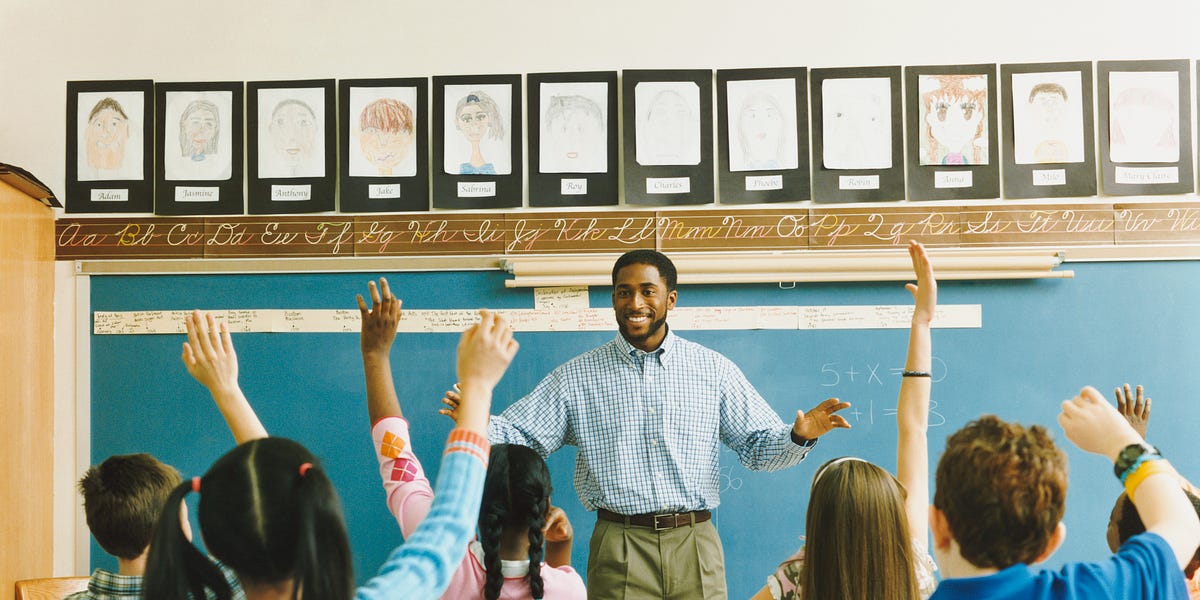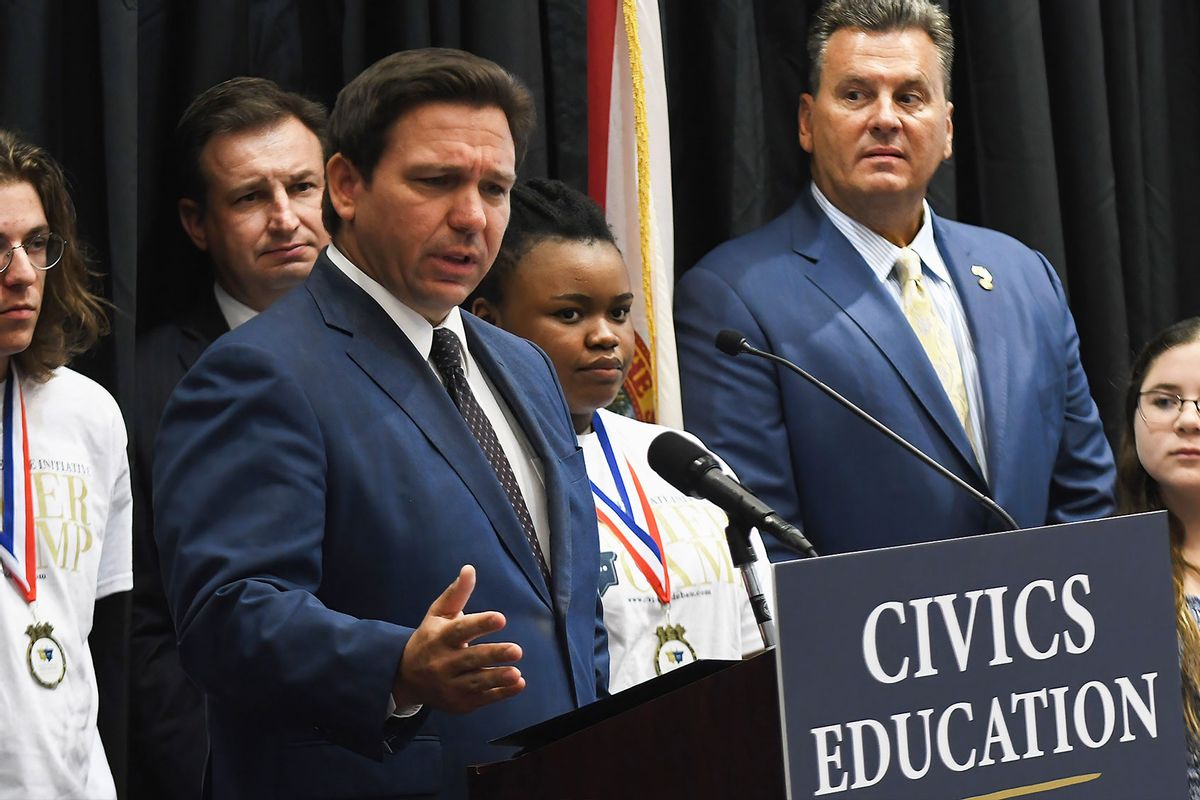I think remote learning and self-paced study will be the future of education in secondary education maybe even high school. Most of what you learn in college classes can be learned/taught much faster than a traditional semester classroom setting.
Where we miss the boat imo is smaller classes in pre-k, elementary, and middle school stages with learning tracks according to ability.
The value of college would be better realized if focused on the master, phD, professional, and research levels of learning incorporating applied learning methods and apprenticeships in a chosen field.
Where we miss the boat imo is smaller classes in pre-k, elementary, and middle school stages with learning tracks according to ability.
The value of college would be better realized if focused on the master, phD, professional, and research levels of learning incorporating applied learning methods and apprenticeships in a chosen field.
I wouldn’t be surprised if classrooms move totally virtual in much of the country or go to a blended program.






